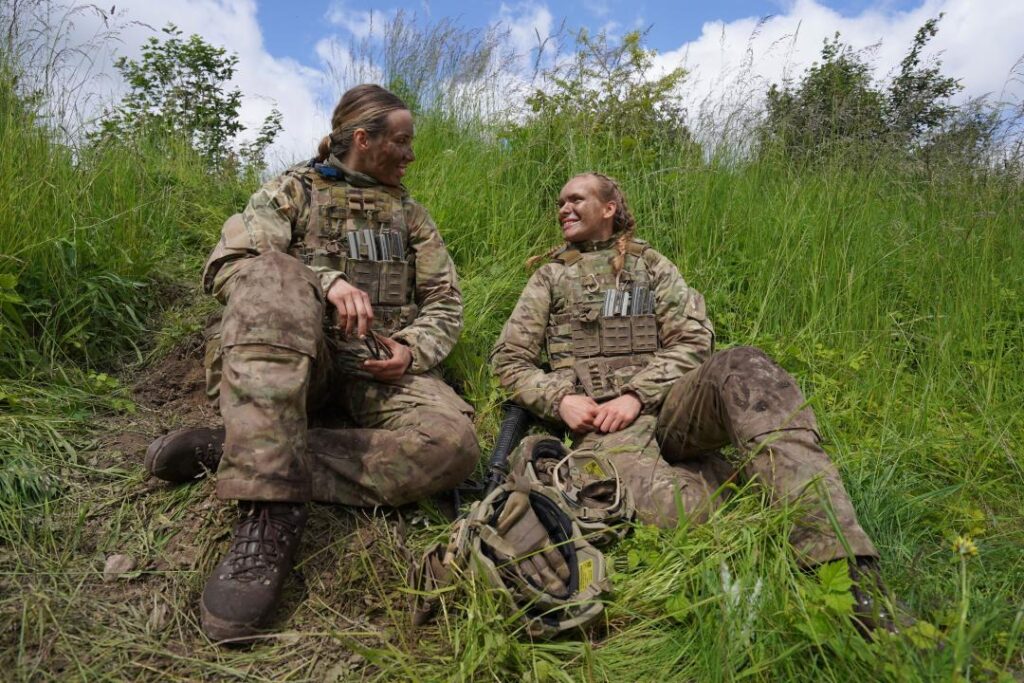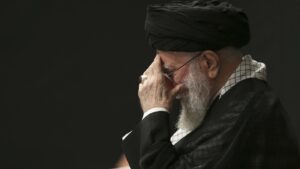
A significant shift in Denmark’s military policy has been announced this week as the country extends compulsory military enlistment to women for the first time. This historic change aims to bolster the number of young people in the military, with Danish women turning 18 after Tuesday now being entered into the lottery system alongside their male counterparts. Previously, women in Denmark’s military were exclusively volunteers.
The decision comes amid heightened concerns over Russian aggression and increased military investment across NATO member states. The move is part of Denmark’s broader efforts to enhance gender parity within its defense forces, a reform initially outlined in a 2024 defense agreement. The program, originally slated for implementation by early 2027, has been expedited to commence this summer.
Background and Rationale
Denmark, a nation of approximately 6 million people, currently maintains a professional military force of about 9,000 troops. The inclusion of women in the draft is anticipated to increase the annual number of conscripts to 6,500 by 2033, up from 4,700 last year. Under existing Danish law, all physically fit men over the age of 18 are eligible for military service, though the abundance of volunteers often means not all are required to serve.
The expansion to include women in the draft reflects a growing recognition of the need for equitable participation in national defense. “In the situation the world is in now, it’s needed,” stated Katrine, a 20-year-old service member. “I think it’s only fair and right that women participate equally with men.”
Public Reaction and Expert Opinions
The announcement has elicited a range of responses from the Danish public. Anne Sofie, a volunteer service member alongside Katrine, noted that “some will probably be very disappointed being chosen to go into the military,” but added that “some will probably be surprised and like it a lot more than they think they would.”
Experts believe this move could set a precedent for other countries considering similar reforms. According to military analyst Lars Hansen, “Denmark’s decision to include women in the draft is a progressive step towards gender equality in the armed forces. It also reflects a pragmatic approach to bolstering national defense capabilities.”
Historical Context and Global Comparisons
Historically, Denmark has been a proponent of gender equality, and this latest reform aligns with its broader societal values. The country has consistently ranked high in gender parity indexes, and its military policy is now catching up with these standards.
Globally, the inclusion of women in military drafts is not unprecedented. Countries like Israel and Norway have long included women in their conscription processes, citing both equality and the need for a robust defense force. Denmark’s decision may encourage other NATO allies to reconsider their own policies in light of current geopolitical challenges.
Implications and Future Prospects
The expansion of the draft to include women is expected to have several implications for Denmark’s military and society. It may lead to a more diverse and inclusive defense force, potentially enhancing operational effectiveness. Moreover, it could influence societal perceptions of gender roles, particularly in traditionally male-dominated fields.
Looking ahead, the success of this initiative will likely depend on its implementation and the support structures put in place for new conscripts. As Denmark navigates this transition, it will be crucial to monitor the experiences of women entering the draft and address any challenges that arise.
In conclusion, Denmark’s decision to extend military conscription to women marks a pivotal moment in its defense policy. As the country prepares to implement this change, it stands at the forefront of a broader movement towards gender equality in military service, setting an example for others to follow.





